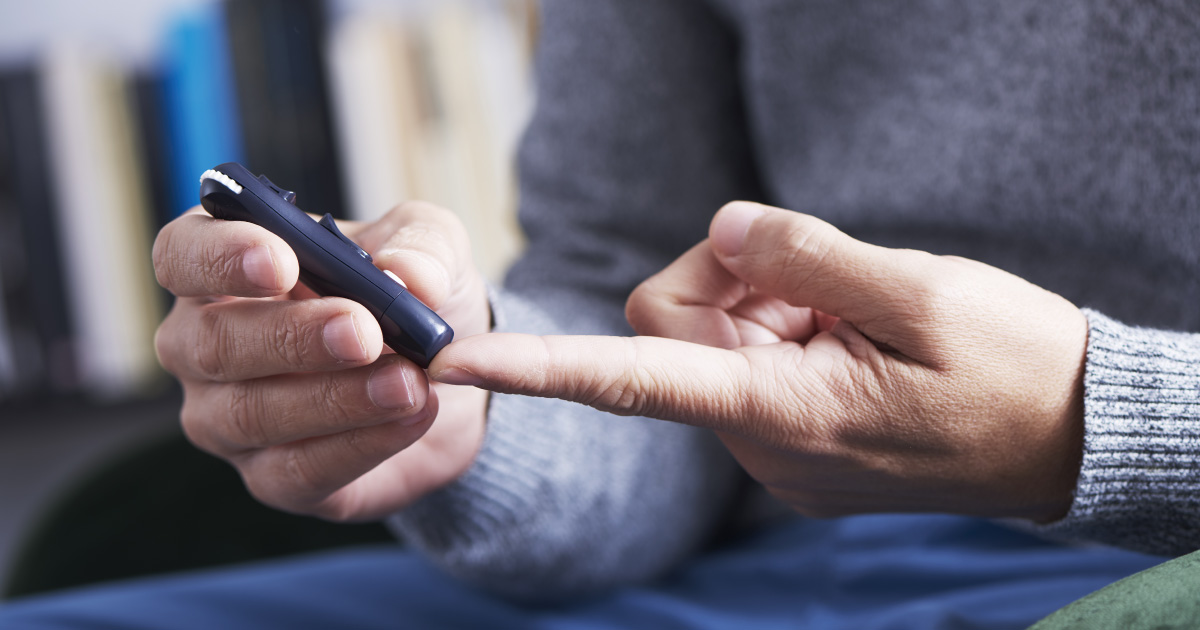Hypoglycemia: When to Seek Medical Help

About 34.2 million people living in the United States are suffering from diabetes. The illness has put many at risk of having frequent hypoglycemia attacks. There is a steady increase in demand for hypoglycemia emergency treatment.
Hypoglycemia is a condition that lowers glucose levels in a patient’s body. It’s wise for families to receive training in the emergency management of hypoglycemia.
Consult a doctor before administering short-term treatments. Some attacks may have more severe consequences on the body than others. This article will highlight when to seek medical help in case of a hypoglycemia emergency.
Cardiac Illness
Hypoglycemia attacks are frequent in diabetes patients. They can be fatal when the patient has a heart condition.
Seek emergency treatment of hypoglycemia as soon as you notice the common symptoms.
If you notice intense shaking and sweating on the patient, administer first aid. Some patients complain of headaches accompanied by blurry visions. In severe conditions, the patient experiences a seizure, then collapses.
If not treated in time, low sugar levels will trigger symptoms of heart disease. It’s also advisable to inform the doctor of other underlying conditions.
When You Don’t Have Diabetes
There is nothing as disturbing as experiencing seizures for the first time. The worst happens when you don’t know or can’t explain what triggers them.
It’s possible to experience non-diabetic hypoglycemia. Ingesting some food substances like garlic may lower your blood sugar levels. Hypoglycemia may be triggered by some medications. The patient may experience sweating which might develop into shaking, and possibly, fainting.
Be sure to seek emergency management when you can’t explain the trigger. Doctors might prevent it from becoming a recurring condition if they know its source.
Lack of Response to First Aid
Since the body is low on glucose, the best first aid is to boost sugar levels. Most diabetic patients have insulin shots that help cells intake glucose.
After a few minutes, the patient is expected to be back to normal. However, some attacks are so severe that first aid won’t work.
Regular exercise stimulates cells to absorb glucose. However, too much exercise or skipping meals can have adverse effects on sugar levels. If this happens, the patient may fail to respond to insulin shots.
Consult doctors for help with the emergency management of severe hypoglycemia.
Long Attacks
Not all hypoglycemia attacks have the same periods. The duration of the attack depends on what has triggered the episode. If the episode goes on for a prolonged period, it’s wise to seek medical help. Hunger causes low blood sugar levels which trigger most of these attacks. This is common in diabetic patients who stick to a diet.
Hypoglycemia Emergency Treatment
Diabetic patients face a higher risk of experiencing hypoglycemia attacks. People living with these patients should receive training in hypoglycemia emergency treatment.
Keep supplies like candy, sugared drinks, and insulin shots within reach at all times. Feel free to contact us if you need an emergency room in Cibolo, TX.
Sources:
“Hypoglycemia,” Mayo Clinic, https://www.mayoclinic.org/diseases-conditions/hypoglycemia/diagnosis-treatment/drc-20373689
“Hypoglycemia (Low Blood sugar),” American Diabetes Association, https://www.diabetes.org/healthy-living/medication-treatments/blood-glucose-testing-and-control/hypoglycemia
“Addressing Hypoglycemic Emergencies,” U.S. Pharmacist, https://www.uspharmacist.com/article/addressing-hypoglycemic-emergencies


